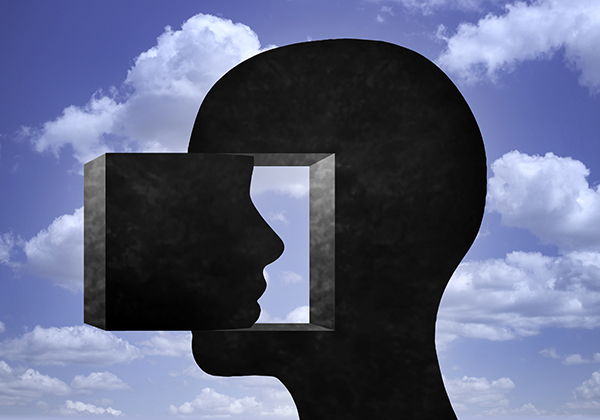Shakespeare wrote: There is nothing either good or bad, but thinking makes it so.
Our mindset impacts the quality of our lives every moment we are alive. What is your mindset right now? Are you looking forward to the destination/outcome of completing a task or goal or are you enjoying the journey?
If you are like me, goal driven and future focused and used to having a lot on the go, then life goes by pretty quickly. The pandemic made many of us pause and reconsider how we are living our life and notice the fleeting nature of life. The effects of this gigantic pause has shown itself in our work with leaders and teams and the enormous call for increasing psychological safety at work. As many companies are calling people back into the office, how can we hold onto the insights gained from our time at home?
One way is to develop a reflective practice. It doesn’t require that much time but yields a big impact. A great way to start a reflective practice is to take a few minutes every day to pause and notice what you are thinking, how your body is feeling, and what emotions are present. Just notice without judgement.
This small step is the beginning to cultivating inner awareness which is the gateway to leading a more conscious life – to being more awake in the moment. It’s not time wasted to create a reflective practice to be more mindful and intentional in our day to day. When we become aware of our inner monologue of thoughts we notice the words we use to describe situations and self. Do they include words that are negative and self and other effacing? Do they include words that are positive, loving, and kind?
As we grow in awareness it gives us the opportunity to reframe – to make a conscious choice – versus being on autopilot. What situations can we be curious about to explore alternative interpretations?
Our brain and nervous system is a powerful system for sensing. When we are fully awake and present in the moment we have our five senses sending data in but also the unconscious processing power of our gray matter that takes it all in and gives us recommendations based on our past experiences. That’s right – PAST experience.
In this way, our brains are incredible pattern makers. We and the experiences of our lives create neural pathways just as we create muscle fibers through movement. Our thoughts offer constant reinforcement of these patterns – like a path in the woods much traveled that gets more and more defined. For example, if you think a certain thing about yourself that was given to you in the past and you think it again and again it becomes your reality because you base your actions upon the thought. Action follows thought. Often these thoughts are from outside ourselves and don’t align to our current reality. For example, growing up in the 70s I heard again and again ‘girls are not good at math’. Math became an anxiety provoking subject for me. It wasn’t until I had to learn advanced statistics and apply them to my work as an I/O Psychologist that I was able to let go of this adopted belief (which was just a thought pattern) and replace it with a new one. The terror of not completing a dissertation was what allowed me to overcome that unconscious belief.
In my coaching of executives and teams I often find myself sharing that the mind is a great instrument but a terrible master.
Who is the master? That internal self that is the part of us that makes choices in the moment. Virginia Woolf called it ‘our central oyster of perceptiveness’. Some call it consciousness or the mind, the soul, or the self. It’s up for philosophical and religious debate. Whatever it is – you know it and are reading this from that perceiving self, right now.
We can’t always control events but we can control our responses – with practice. That practice of noticing self is the first step to increasing the distance between stimulus and response.
What are the things you do to cultivate a more conscious intentional life?

